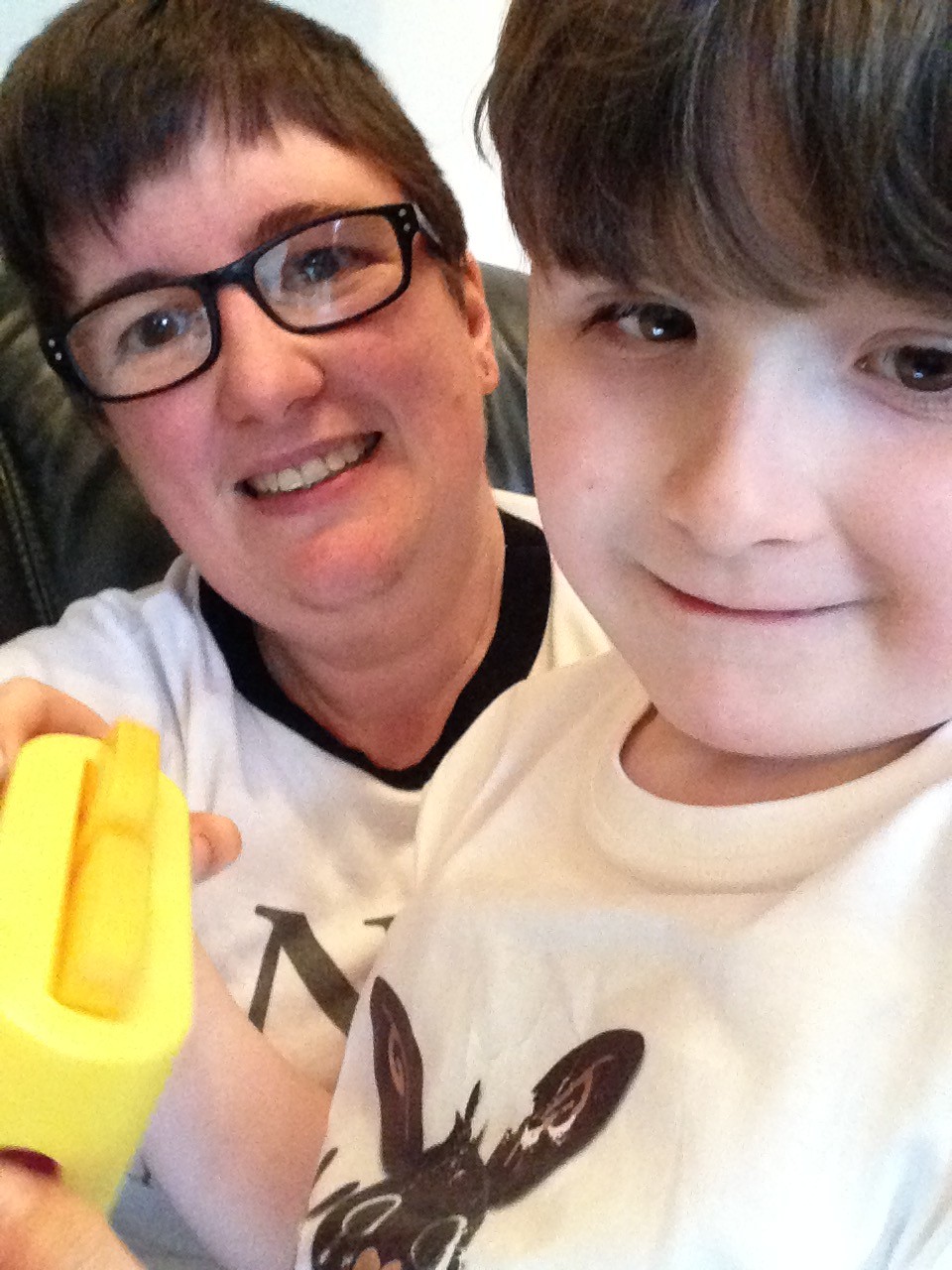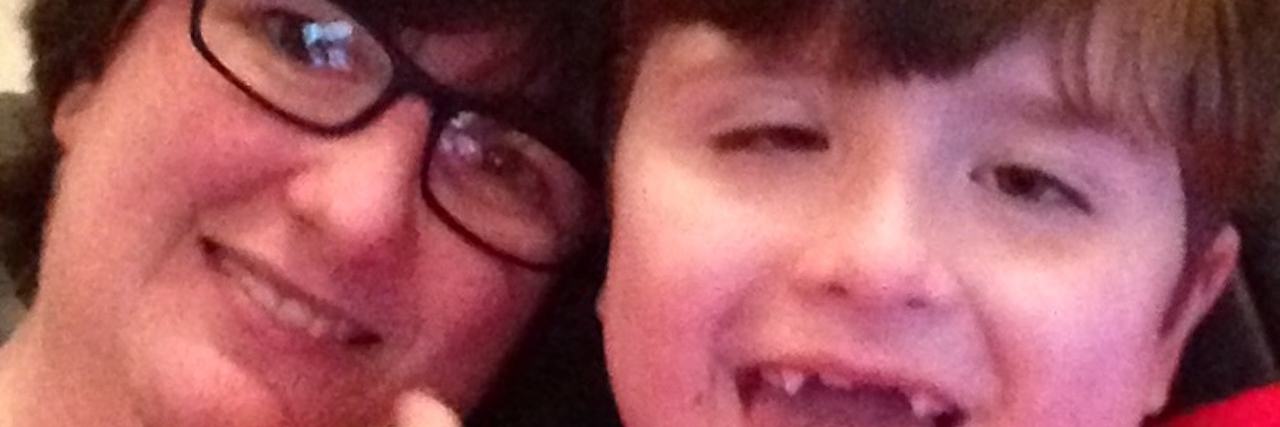6 Things You May Not Know About My Child With Developmental Delay
 The first diagnosis my son ever had was global developmental delay, and like so many, I understood this to mean he was a little bit behind his peers but would probably, in time and with support, catch up. He was only a year old when we were told he was struggling and not meeting key milestones like sitting up unaided, making attempts at speech and playing with toys.
The first diagnosis my son ever had was global developmental delay, and like so many, I understood this to mean he was a little bit behind his peers but would probably, in time and with support, catch up. He was only a year old when we were told he was struggling and not meeting key milestones like sitting up unaided, making attempts at speech and playing with toys.
I was in denial. I was sad.
I stopped taking him places (probably one of the worst things I could have done in hindsight), and I plowed through each day willing him to learn skills others mastered with ease. I blamed myself. I cried myself to sleep at night. I sang to him, read to him and played with him for hours, but very little changed. As years went on, we collected diagnoses like a stamp collector collects stamps. The term “developmental delay” is now slowly being replaced by his doctors to “learning difficulties,” and I have come to accept he may not catch up to his peers.
Over the last seven years, I’ve found so few people have any understanding of what “developmental delay” actually means. It’s such a huge, all encompassing, spectrum ranging from children with mild delays in some areas to children of school-age unable to weight bear or support their own heads. It covers children who are behind in reading and writing, as well as children who use wheelchairs or are nonverbal. It can be a stand-alone diagnosis or the effect of other more complex issues.
Though every child and situation is different, here are a few things about “developmental delay,” as it applies to my son:
1. Some children do catch up, other’s don’t.
My beautiful son will forever be developing at his own unique pace and may always need support in areas.
2. As a child gets older, the term “developmental delay” may disappear and instead be replaced by some form of” learning difficulty.”
This does not mean the child no longer has delays, just that the way of describing those delays has changed.
3. Although my son’s development is behind, there is so much about him that will always be “age appropriate.”
For example, he started eating solid food at the exact same time as other babies at around 6 month old. He lost his first tooth at age 5, and he wears clothes for his chronological age, not his developmental age. His body continues to grow and develop. He will still go through puberty as he grows, and he eats just as much as any other child his age.
4. Developmental delay is often unseen and therefore can often be classed as an invisible disability.
This does not make it any less difficult for the child or adult. If you see a much older child still being supervised in a toilet or not talking when you speak to them, please remember you don’t know their whole story.
5. Milestones are worth celebrating at whatever age they happen.
Child development has stages almost every child goes through, regardless of when it happens. A child with developmental delay may go through the same stages, just at a different time. For example, they learn to sit, then crawl, then stand, then walk. Or they learn to make noise, then babble, then the first word. If your 5-year-old is babbling for the first time, this is wonderful because at some point they may change that babble to a word. If your 4-year-old can stand unaided, that’s worth celebrating.
6. Developmental delay does not define anyone.
Society may put pressure on people to compete, but that does not mean we have to. Life is not about the destination. It’s about the journey. Some are just enjoying the journey at a different pace, and that is every bit as wonderful as those who choose to run or sprint. As Martin Luther King Jr says:
“If you can’t fly, then run. If you can’t run, then walk. If you can’t walk, then crawl, but whatever you do you have to keep moving forward.”
I can assure you, that is what my son is doing. If he can move forward, then I can too. However long this journey takes, we are enjoying it together.

Follow this journey on Faithmummy.

